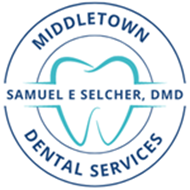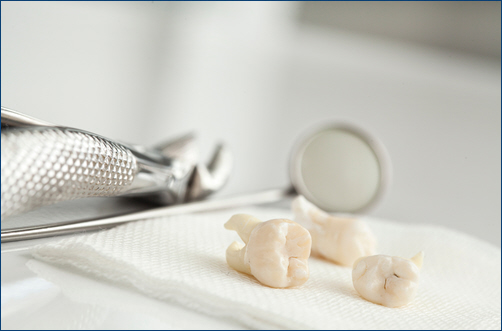Wisdom teeth, or third molars, are the last set of teeth to emerge, typically appearing between the ages of 17 and 25. While some people experience no issues with their wisdom teeth, others may face complications that necessitate removal. Understanding the pros and cons of wisdom teeth removal can help you make an informed decision about whether the procedure is right for you.
 Pros of Wisdom Teeth Removal
Pros of Wisdom Teeth Removal
- Prevention of Dental Problems: One of the primary reasons for removing wisdom teeth is to prevent potential dental issues. Impacted or partially erupted wisdom teeth can lead to pain, infection, and damage to adjacent teeth. By removing them early, you can avoid these complications and maintain better overall oral health.
- Reduced Risk of Crowding: Wisdom teeth can cause crowding or misalignment of other teeth as they attempt to emerge in a limited space. This can disrupt previous orthodontic work or affect your bite. Removing wisdom teeth can help preserve the alignment of your teeth and prevent future orthodontic issues.
- Decreased Risk of Infections: Partially erupted wisdom teeth create pockets that are difficult to clean, making them susceptible to bacterial growth and infection. Removal of these teeth can reduce the risk of infections such as pericoronitis, which can lead to pain and swelling in the gums and jaw.
Cons of Wisdom Teeth Removal
- Surgical Risks: As with any surgical procedure, wisdom teeth removal carries risks, including infection, bleeding, and damage to surrounding teeth or nerves. It’s important to discuss these risks with your oral surgeon to understand the potential complications and ensure you receive appropriate care.
- Recovery Time: Recovery from wisdom teeth removal can involve discomfort, swelling, and limited ability to eat solid foods for a few days. While most people recover without issues, some may experience prolonged pain or complications, such as dry socket, which requires additional care.
- Cost Considerations: The cost of wisdom teeth removal can be a concern for some individuals, especially if the procedure is not covered by insurance. It’s essential to consider the financial aspect and explore payment options with your dental provider.
Deciding whether to remove your wisdom teeth involves weighing the potential benefits against the risks and challenges. If your wisdom teeth are causing problems or are likely to do so in the future, removal may be the best option to protect your oral health. However, if your wisdom teeth are healthy and fully erupted, leaving them in place may be a viable choice. Consulting with your dentist or oral surgeon can provide valuable insights and guidance tailored to your specific situation, helping you make the best decision for your dental health.

